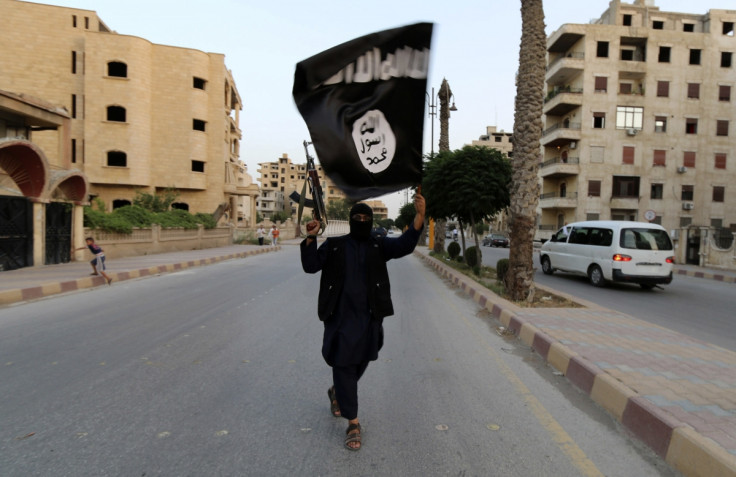Isis: Pakistan busts Daesh cell and arrests 8 suspected operatives

Pakistani counter-terrorism officers have arrested eight suspected Islamic State (Isis) operatives and seized several propaganda materials during a raid in Sialkot city. At least three of the arrested suspects are thought to have received military training from the Iraqi Islamist group.
Investigators of the Counter Terrorism Department (CTD) said they have confiscated a large cache of weapons, explosives, laptops, and CDs, when they raided the IS (Daesh) cell in Sialkot, which is located in the north east of Punjab. All the detainees are said to be Pakistani nationals and hail from Punjab province.
The suspects have been moved to an undisclosed location where interrogation is said to be underway. "The suspects dislike democracy in Pakistan while they hate police and Pakistan Army," reported the Dawn, quoting official investigation documents.
"In order to persuade other people to join their organisation, they would show them some video clips in which the Rangers were seen shooting a young man in Karachi. The prime objective of the IS men was to fan hatred against the country's law enforcement agencies [LEAs]."
It is still not clear when the arrests were made but formal charges were filed against the suspects on 28 December. The apprehended members were not just involved in collecting funds for the Sunni extremist organisation but also actively engaged in recruitment.
Some of the suspects are said to have earlier worked for a local terrorist group called Jamaatud Dawa before pledging allegiance to the IS. The documents the publication cited also said: "They had sworn allegiance to Khalifa [Abu Bakr] al Baghdadi and joined IS in Daska tehsil of Sialkot district in June this year."
Though IS's influence is rapidly growing in neighbouring Afghanistan, this is the first time such a high-profile raid involving them has taken place in Pakistan. In other countries in the region such as India and Bangladesh, similar concerns over the presence of IS elements have been reported in the past.
The Pakistani Taliban otherwise called Tehreek-e-Taliban, the dominant force in the country, has recently censured the methods of the IS. Calling the activities of the terror outfit "un-Islamic", the Taliban – which is bound to be rattled by any growing influence of the IS – has snubbed al-Baghdadi saying he is merely a local gang leader and not the "caliph" of Muslims as claimed.
© Copyright IBTimes 2025. All rights reserved.






















